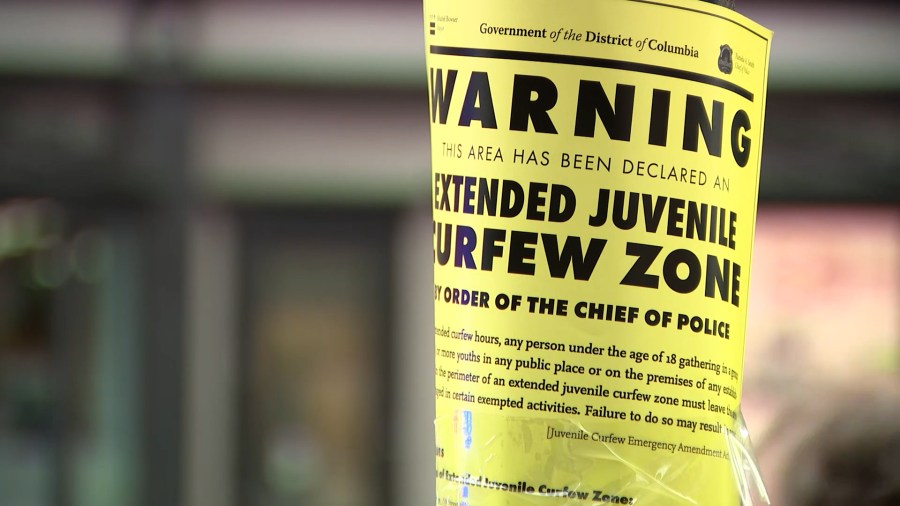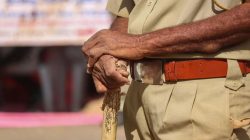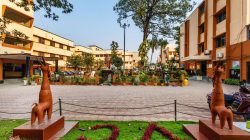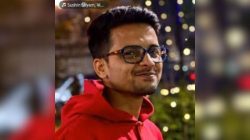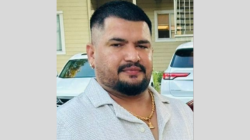Expansion of Juvenile Curfew in Washington, D.C.
Two weeks have passed since the initial youth curfew was implemented in Washington, D.C. The city has continued to monitor and adjust its approach to managing late-night activities among minors. Over the weekend, an extended juvenile curfew zone was put in place along the U Street corridor, a neighborhood known for its vibrant nightlife and frequent gatherings of young people. While police reported no incidents during the three-hour window, several dozen youths were found to have violated the citywide curfew.
The U Street corridor has long been a hotspot for large weekend gatherings, often leading to disturbances that have concerned local residents. The area is particularly known for its rowdy atmosphere, prompting officials to implement stricter measures. Some locals have expressed support for the curfew, believing it could help reduce the chaos. Alex Brewer, a resident, said, “It’s not really an area that I like to hang out in a lot late night, so I think the curfew’s probably a good idea, at least for the short term.”
The curfew was expanded to the U Street corridor as part of a three-day trial period. During this time, all individuals under the age of 18 were required to be off the streets from 8 p.m. to 11 p.m. on Fridays, Saturdays, and Sundays. This aligns with the broader citywide curfew that remains in effect until 6 a.m. The goal of the extended curfew was to test whether such restrictions could lead to a reduction in nighttime disturbances.
Some residents believe that the curfew should be treated as a temporary measure. One D.C. resident stated, “I think everything can be on a trial status. And if they’re trying it to see if it helps or works, and if it is working, then why not?”
Mixed Reactions to the Curfew
While many are satisfied with the results of the extended curfew, others remain critical of the policy. Milton Allimadi, another local, voiced his concerns, saying, “Theoretically, I can’t support something like that. It is so draconian. It’s completely anti-democratic, right? There’s gotta be a better way.” His comments reflect a growing debate about the effectiveness and fairness of curfews in addressing public safety issues.
According to D.C. police, there were no violations or arrests during the three-hour extended curfew zone. However, during the citywide curfew hours, 17 curfew stops were made in the third district. Most of these cases resulted in juveniles leaving the area voluntarily. On Friday, eight violations were recorded, with one juvenile arrested for public consumption of marijuana. Seven violations occurred on Saturday, and two on Sunday.
Despite the relatively low number of incidents, some residents question whether the curfew is the best solution. DC News Now reviewed video footage from NoMa last weekend, which showed dozens of kids running down the street away from police. It remains unclear if this activity is related to targeted curfew enforcement elsewhere in the city.
Ongoing Evaluation and Uncertainty
Police have not provided any details about potential future curfew zones. They have stated that they cannot comment on plans for additional restrictions. As the city continues to evaluate the impact of the curfew, the debate over its effectiveness and fairness is likely to persist.
Residents and officials alike are watching closely to see whether the curfew leads to a noticeable improvement in public safety. For now, the focus remains on balancing the need for order with the rights of young people to move freely in their communities.

